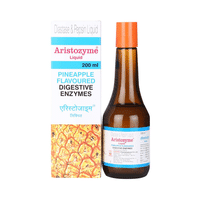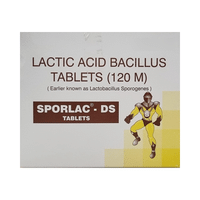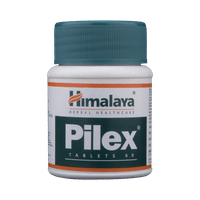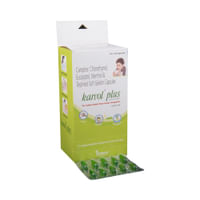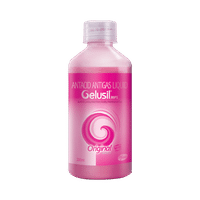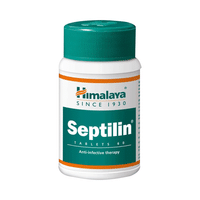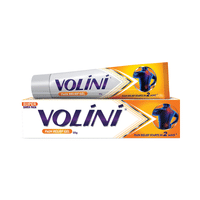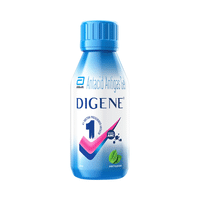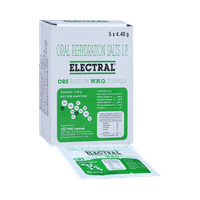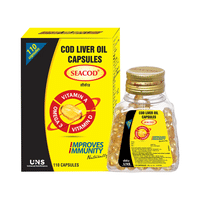Rs.145for 1 tube(s) (20 gm Cream each)
food interaction for Anovate
alcohol interaction for Anovate
pregnancy interaction for Anovate
lactation interaction for Anovate
medicine interaction for Anovate
food
alcohol
pregnancy
lactation
medicine
No interaction found/established
No interaction found/established
Anovate Cream may be unsafe to use during pregnancy. Although there are limited studies in humans, animal studies have shown harmful effects on the developing baby. Your doctor will weigh the benefits and any potential risks before prescribing it to you. Please consult your doctor.
CONSULT YOUR DOCTOR
Anovate Cream is probably unsafe to use during breastfeeding. Limited human data suggests that the drug may pass into the breastmilk and harm the baby.
CONSULT YOUR DOCTOR
No interaction found/established
SALT INFORMATION FOR Anovate
Phenylephrine(0.10% w/w)
Uses
Phenylephrine is used in nasal congestion, common cold, uveitis, pupil dilation, conjunctivitis and eye Irritation.
How it works
Phenylephrine is a decongestant. It works by narrowing the small blood vessels which provides temporary relief from inflammation (redness and swelling) and discomfort.
Common side effects
Nausea, Vomiting, Headache, High blood pressure, Arrhythmia (irregular heartbeats), Blurred vision, Breathlessness, Itching, Restlessness, Reflex bradycardia, Excitation, Epigastric pain, Neck pain, Tremors, Hypertensive crisis, Eye pain, Stinging in the eyes, Photophobia, Conjunctival sensitivity, Preterm and low birth weight infants, Fainting, Myocardial infarction, Subarachnoid hemorrhage
Beclometasone(0.025% w/w)
Uses
Beclometasone is used in the treatment of asthma.
How it works
Beclometasone is a steroid which works by blocking the production of certain chemical messengers in the body that cause inflammation (redness and swelling) and allergies.
Common side effects
Hoarseness of voice, Headache, Breathlessness, Nausea, Itching, Erythema (skin redness), Thrush, Pharyngitis, Abnormal taste, Nasopharyngeal irritation, Application site irritation, Application site burning, Rash, Urticaria, Vertigo, Blurred vision, Angioedema (swelling of deeper layers of skin), Allergic reaction, Paradoxical bronchospasm, Cushing syndrome, Anxiety, Hyperactivity, Nasal ulceration
Lidocaine(2.50% w/w)
Uses
How it works
Lidocaine is a local anesthetic. It works by blocking the transmission of pain signals from the nerves to the brain. This helps to decrease the sensation of pain.
Common side effects
Allergic reaction, Application site reactions (burning, irritation, itching and redness)
SUBSTITUTES FOR Anovate
5 Substitutes
5 Substitutes
Sorted By
 Rs. 126.04save 14% more per gm of Cream
Rs. 126.04save 14% more per gm of Cream Rs. 99save 49% more per gm of Cream
Rs. 99save 49% more per gm of Cream Rs. 75save 50% more per gm of Cream
Rs. 75save 50% more per gm of Cream Rs. 82save 63% more per gm of Cream
Rs. 82save 63% more per gm of Cream Rs. 82save 45% more per gm of Cream
Rs. 82save 45% more per gm of Cream
Expert advice FOR Anovate
- Oral phenylephrine should be taken with food
- Phenylephrine can make you restless, so don't take it too close to bedtime
- Do not use this medicine without doctor's advice if you are pregnant or breast feeding
- Smoking may worsen the effect; therefore use of tobacco should be avoided.
Frequently asked questions FOR Anovate
Phenylephrine
Q. Is it safe to use Phenylephrine?
Yes, Phenylephrine is safe for most of the patients. However, in some patients, it may cause side effects like nausea, vomiting, headache, fatigue, dizziness, dryness in the mouth, sleepiness and allergic reaction. If you experience any persistent problem while taking this medication, inform your doctor as soon as possible.
Q. Can the use of Phenylephrine cause dizziness?
Yes, the use of Phenylephrine can cause dizziness (feeling faint, weak, unsteady or lightheaded) in some patients. If you feel dizzy or lightheaded, it is better to rest for sometime and resume once you feel better. Do not drive or use any machines. Consult your doctor if the side effect persist or worsen.
Q. Can the use of Phenylephrine cause nausea and vomiting?
Yes, the use of Phenylephrine can cause nausea and vomiting. To avoid nausea one can take Phenylephrine with milk, food or with antacids. If vomiting occurs, drink plenty of water or other fluids. Talk to your doctor if vomiting persists. You should let your doctor know if you are unable to drink water and there are signs of dehydration, like dark colored and strong-smelling urine and a low frequency of urination. Avoid taking fatty or fried foods along with this medication. Do not take any other medicine without consulting your doctor.
Beclometasone
Q. What is thrush? Can Beclometasone cause thrush?
Thrush is a fungal infection of the nose and throat caused by candida. Beclometasone can cause thrush as a common side effect. To avoid getting fungal infections, you should thoroughly rinse your mouth after using a nasal spray. If you experience any redness or white colored patches in your nose or mouth, inform your doctor.
Q. How does Beclometasone work?
Beclometasone is a corticosteroid, which works by decreasing the inflammation caused by allergies. It reduces inflammation by blocking the release of certain natural substances that cause allergic symptoms such as swelling, redness and pain.
Q. How long does Beclometasone take to start working?
The time required by Beclometasone to start showing its effects may differ from person to person. Usually, it starts showing relief within 8 hours of starting Beclometasone. It may even take several days before you see maximum benefits. In order to improve your symptoms faster, it is important to take the medicine regularly as it increases efficiency of the medicine.
Lidocaine
Q. What is Lidocaine used for?
This medication is usually applied by a healthcare professional to the area being treated or to the medical equipment as part of a medical procedure. It helps to numb the area and reduces the discomfort associated with the insertion of medical instruments such as needles or catheters. It also helps to reduce the pain and inflammation in conditions such as heamorrhoids (piles) and anal fissures.
Q. Is Lidocaine toxic?
If Lidocaine is used under the supervision of a doctor or as directed by your doctor, it is generally safe to use. However, using more than what is recommended may lead to a number of serious health issues such as numbness of mouth and throat if swallowed. This can lead to difficulty swallowing and even choking.
Q. How long does it take for Lidocaine to work?
Lidocaine is applied at the start of a medical procedure and takes 3-5 minutes for the numbing effect to occur.













